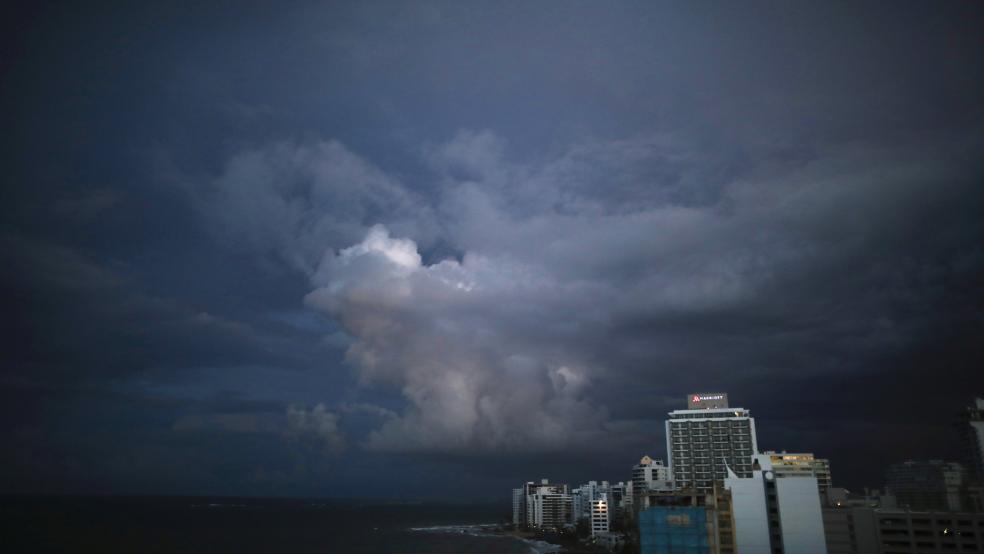NEW YORK/SAN JUAN (Reuters) - The U.S. House Natural Resources Committee early on Thursday released long-delayed revised legislation to address Puerto Rico's fiscal crisis, which is threatening to become a full-blown humanitarian disaster.
The bill, also known as the Puerto Rico Oversight, Management, and Economic Stability Act (PROMESA), has two major aims: setting out a framework for restructuring the island's $70 billion in debt and putting the island's financial operations under the control of a federal oversight board.Severe economic decline, an accumulation of operating deficits, lack of financial transparency and management inefficiencies, combined with excessive borrowing, "created a fiscal emergency in Puerto Rico," the legislation states.Puerto Rico's next debt payment of $1.9 billion, which its governor has said it cannot pay, is due on July 1. A vote in the House is expected the first week of June.OVERSIGHT BOARD * A Financial Oversight and Management Board, consisting of seven members appointed by the president of the United States from recommendations provided by the leaders of the U.S. House and Senate. One member is appointed at the sole discretion of the president. Appointments are due by Sept. 30, 2016.* The board has the authority to enforce balanced budgets and government reform if the Puerto Rican government fails to do so, including the sale of government assets, the consolidation of agencies and reduction of workforce. * The board's aims are to generate management plans that achieve fiscal responsibility, maintain access to capital markets and ensure funding for public services and pensions; and to help facilitate consensual debt restructuring talks between Puerto Rico and its bondholders.* The board will have subpoena power to seek testimony and information. Board members will not be paid a salary.* A fiscal plan should be no less than five years. It can be developed either by the governor, the Oversight Board or both in collaboration.* Neither the governor of Puerto Rico nor the island's legislature can exercise control over the board or pass laws that would inhibit its functioning.* The oversight board will dissolve once Puerto Rico has attained adequate and reasonable access to credit markets and achieves four consecutive fiscal years of budgetary compliance without spending more than it earned.CREDIT MARKETS AND DEBT* The bill adopts certain provisions of U.S. bankruptcy law, including giving Puerto Rico access to a court-sanctioned debt restructuring law, under which it could, in certain circumstances, impose debt cuts without creditors' consent, so-called cram-downs. * The bill also empowers the oversight board to hold consensual debt restructuring talks, in hopes of reaching "collective action compromises" that do not require cram-down. For a restructuring to be approved under the bill's collective action clause, two-thirds of the outstanding principal amount of the bonds in each pool of debt must vote in favor of it. * PROMESA does not directly put Puerto Rico, a U.S. territory, under the bankruptcy laws enjoyed by U.S. states. This addresses concerns that actions taken in the commonwealth could bleed over and affect long-standing municipal bankruptcy laws. * Any prior voluntary debt restructuring agreements will be left intact. This essentially leaves in place the current voluntary restructuring agreement between creditors and PREPA (Puerto Rico Electric Power Authority) * Certifying a restructuring of debt requires approval by five out of seven members of the oversight board. * The U.S. government will not pledge its full faith and credit for repaying Puerto Rico's debt. This provision addresses concerns the bill would amount to a financial bailout by Washington. (Reporting By Daniel Bases in New York and Nick Brown in San Juan)Factbox: Puerto Rico debt crisis bill keeps oversight board

Jonathan Ernst



